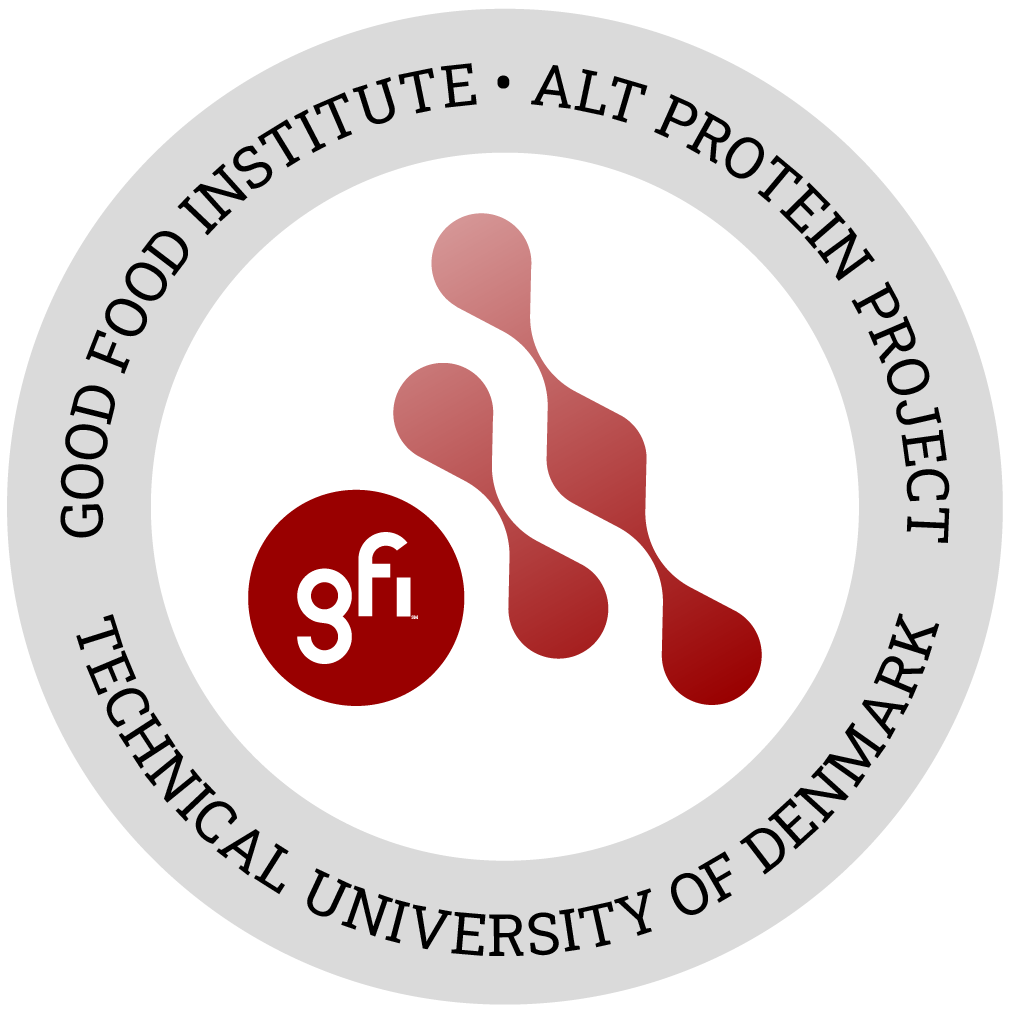
The DTU Alt Protein Project
Technical University of Denmark
Anker Engelunds Vej 1 Bygning 101A, 2800 Kgs. Lyngby
Copenhagen,
Lyngby
2800
Denmark
Founded 2022
About
The DTU Alt Protein Project’s goals are, first and foremost, to establish a reputable network in Denmark composed of people interested in alternative proteins and experts in the field. To advance the field of alternative proteins in Denmark, we aim to build a community that collaborates, shares sector information, and benefits from the networks; core competencies.
Second, we encourage students from all over Denmark and from a variety of disciplines to actively contribute to alternative protein research and to meet the demand for new technologies. Beginning with DTU’s world-class fermentation research, we hope to advance discoveries in the field of fermentation-based alternatives, as well as expand DTU’s and other universities’ expertise in cultured meat and plant-based protein alternatives.
We also believe that we can raise students’ awareness of recent markets for alternative proteins in Denmark as well as potential job opportunities in those fields, or familiarize them with well-established funding opportunities for young entrepreneurs in Denmark. We also hope to build a strong student leadership community in the DTU APP chapter, which will allow students to take the lead in new club formation and gain high-level volunteering experience that can add value to their future job-seeking.
Two of our most important values are inclusion and diversity. We welcome members and board members from all backgrounds, identities, professional experiences, and religious beliefs, benefiting from the greatly multicultural background of Copenhagen. Furthermore, we invite people from a variety of academic disciplines to participate in the discussion about alternative proteins. Beyond engineering, we hope to expand into fields such as humanities, law, and social sciences, among others.
We have already contributed to new research on alternative proteins at DTU by organizing special courses or facilitating the creation of thesis topics. We now want to guide students and researchers from various departments to study key questions to advance the alternative protein sector in their respective disciplines.
